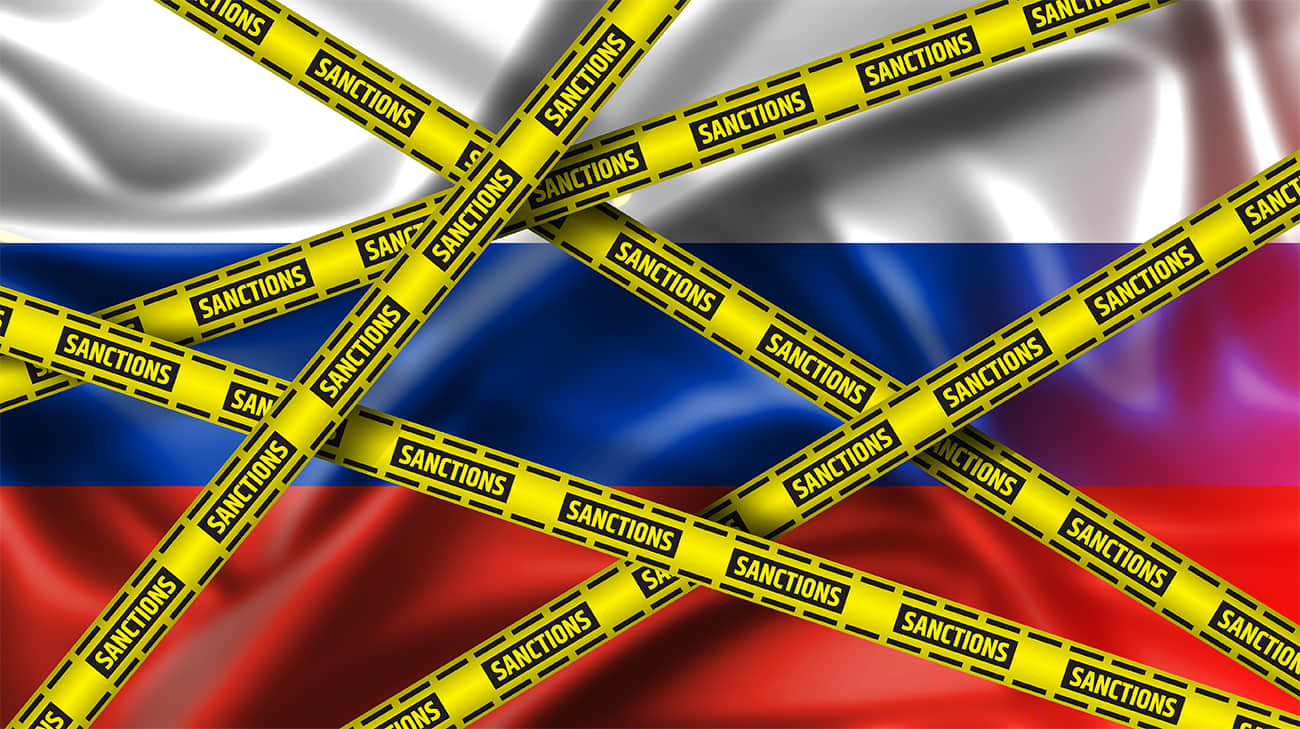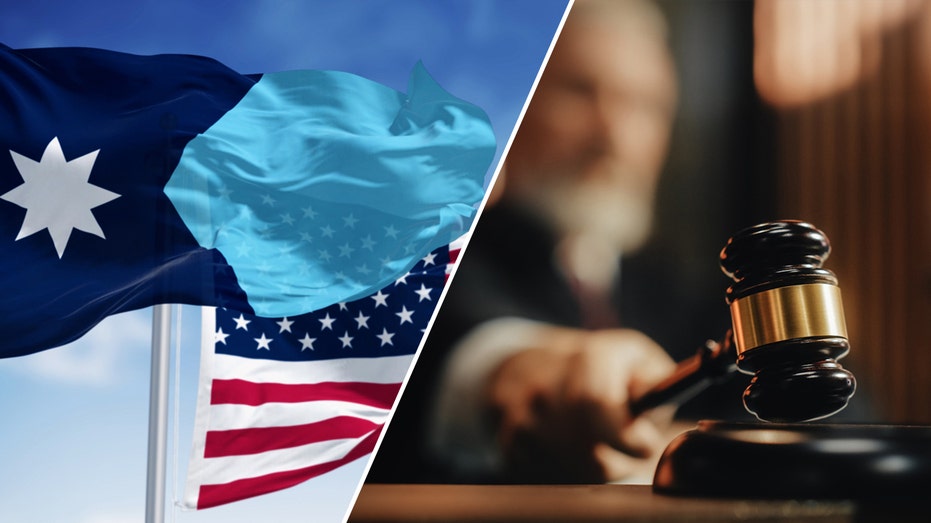Oklahoma Court Shuts Down Tulsa Race Massacre Lawsuit on Reparations
The Oklahoma Supreme Court on Wednesday dismissed a case seeking reparations for the Tulsa Race Massacre, the last remaining option for survivors and their family to secure recompense for the deadly attack that continues to haunt the Greenwood community of Tulsa. The court ruled that the last two survivors of the deadly massacre failed to prove that the city of Tulsa—both during and after the white supremacist riot in 1921 in which a racist mob destroyed their neighborhood and murdered more than 100 Black people—violated Oklahoma’s “public nuisance” laws.In their original filing, survivors Hughes Van Ellis, Viola Fletcher, and Lessie Benningfield claimed the city of Tulsa’s response to the Tulsa Race Massacre caused them to “continue to face racially disparate treatment and City-created barriers to basic human needs, including jobs, financial security, education, housing, justice, and health.” The survivors’ complaint also condemned the city for using the Tulsa Race Massacre, specifically the phrase “Black Wall Street,” to entice tourism to the area. Profits from massacre-related tourism, survivors allege, was not passed on to the community of Greenwood, instead using branding and recognition of the Tulsa Race Massacre to fill the city of Tulsa’s coffers. (Since the original filing, Ellis died at the age of 102.)Oklahoma law defines a nuisance as “unlawfully doing an act, or omitting to perform a duty, which…annoys, injures, or endangers the comfort, repose, health, or safety of others.” The law also defines a nuisance as an act that “offends decency” or “renders other persons insecure in life or in the use of their property.” According to Oklahoma law, a public nuisance is all of that, but simultaneously impacts an entire community or “any considerable number of persons.”According to the dismissal issued by Oklahoma Supreme Court judge Caroline Wall, the survivors of the Tulsa Race Massacre failed to “state a justiciable public nuisance claim under Oklahoma law.” The court also argued that the survivors didn’t have standing for their complaint because the people in charge of Tulsa during the massacre had all “long since passed away,” claiming it was an overreach to extend liability to city officials today for the actions of their predecessors.“Expanding public nuisance liability to include lingering social inequities from historical tragedies and injustices runs the risk of creating a new ‘unlimited and unprincipled’ form of liability wherein both State and non-State actors could be held liable for their predecessors’ wrongdoing,” the ruling reads.In a statement to News 9, the City of Tulsa touted policies and development projects undertaken in Greenwood, the site of the Tulsa Race Massacre:The City of Tulsa respects the court’s decision and affirms the significance of the work the City continues to do in the North Tulsa and Greenwood communities. Through economic development and policy projects, the 1921 Graves Investigation, and a renewed community vision for the Kirkpatrick Heights & Greenwood Master Plan, the City remains committed to working with residents and providing resources to support the North Tulsa and Greenwood communities.Prior to Wednesday’s dismissal, legal representation for survivors told CNN in April that this appeal was their last shot at possible recompense for surviving the atrocities of the Tulsa Race Massacre. “There is no going to the United States Supreme Court. There is no going to the federal court system,” said Attorney Damario Solomon-Simmons. “This is it.”

The Oklahoma Supreme Court on Wednesday dismissed a case seeking reparations for the Tulsa Race Massacre, the last remaining option for survivors and their family to secure recompense for the deadly attack that continues to haunt the Greenwood community of Tulsa. The court ruled that the last two survivors of the deadly massacre failed to prove that the city of Tulsa—both during and after the white supremacist riot in 1921 in which a racist mob destroyed their neighborhood and murdered more than 100 Black people—violated Oklahoma’s “public nuisance” laws.
In their original filing, survivors Hughes Van Ellis, Viola Fletcher, and Lessie Benningfield claimed the city of Tulsa’s response to the Tulsa Race Massacre caused them to “continue to face racially disparate treatment and City-created barriers to basic human needs, including jobs, financial security, education, housing, justice, and health.” The survivors’ complaint also condemned the city for using the Tulsa Race Massacre, specifically the phrase “Black Wall Street,” to entice tourism to the area. Profits from massacre-related tourism, survivors allege, was not passed on to the community of Greenwood, instead using branding and recognition of the Tulsa Race Massacre to fill the city of Tulsa’s coffers. (Since the original filing, Ellis died at the age of 102.)
Oklahoma law defines a nuisance as “unlawfully doing an act, or omitting to perform a duty, which…annoys, injures, or endangers the comfort, repose, health, or safety of others.” The law also defines a nuisance as an act that “offends decency” or “renders other persons insecure in life or in the use of their property.” According to Oklahoma law, a public nuisance is all of that, but simultaneously impacts an entire community or “any considerable number of persons.”
According to the dismissal issued by Oklahoma Supreme Court judge Caroline Wall, the survivors of the Tulsa Race Massacre failed to “state a justiciable public nuisance claim under Oklahoma law.” The court also argued that the survivors didn’t have standing for their complaint because the people in charge of Tulsa during the massacre had all “long since passed away,” claiming it was an overreach to extend liability to city officials today for the actions of their predecessors.
“Expanding public nuisance liability to include lingering social inequities from historical tragedies and injustices runs the risk of creating a new ‘unlimited and unprincipled’ form of liability wherein both State and non-State actors could be held liable for their predecessors’ wrongdoing,” the ruling reads.
In a statement to News 9, the City of Tulsa touted policies and development projects undertaken in Greenwood, the site of the Tulsa Race Massacre:
The City of Tulsa respects the court’s decision and affirms the significance of the work the City continues to do in the North Tulsa and Greenwood communities. Through economic development and policy projects, the 1921 Graves Investigation, and a renewed community vision for the Kirkpatrick Heights & Greenwood Master Plan, the City remains committed to working with residents and providing resources to support the North Tulsa and Greenwood communities.
Prior to Wednesday’s dismissal, legal representation for survivors told CNN in April that this appeal was their last shot at possible recompense for surviving the atrocities of the Tulsa Race Massacre. “There is no going to the United States Supreme Court. There is no going to the federal court system,” said Attorney Damario Solomon-Simmons. “This is it.”



